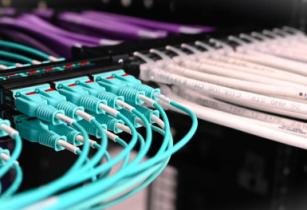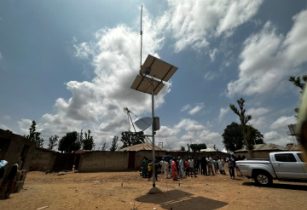Page 2 of 24. Outsourced Risk and Reduced Operational Complexity
Managing power at telecom tower sites is prone to risks related to both the generation and the delivery of power to the active telecom equipment. By outsourcing all responsibility for power generation and delivery, a tower operator can effectively unburden themselves from all the complexities and distractions that power comes with, even at those sites that are connected to an electricity grid.
A Power Purchasing Agreement (PPA) with an ESCO will detail agreed SLAs and KPIs, with penalties for non-performance. The result of signing up to such a “power-as-a-service” contract would be the tower operator’s moving from having to manage the operational power complexities for all its sites to simply managing an insurance policy of sorts on its outsourced power risks.
5. Unloaded Legacy Power Equipment
For tower operators – whether MNOs or Towercos – historic investment in telecom tower power equipment can be a significant obstacle when trying to justify investing in newer power technologies now, given it’s not core to their business focus. ESCOs don’t have this issue though. Their investment strategy will be to implement the latest hybrid power systems offering the most reliable long-term performance, so it makes absolute sense for tower operators to unload their legacy equipment and pass the power baton to ESCOs to run with.
The general consensus in the industry is that approximately 50 per cent of all telecom towers in Africa will have implemented outsourced power in the coming five years. Whatever the actual number, it is clear that outsourcing power to a specialist ESCO will have far-reaching benefits. It will release MNOs and Towercos from the burden of managing inefficient and unreliable legacy power equipment. It will create a new industry segment within the larger telecommunications ecosystem, thus increasing employment opportunities and skills levels. It will have significant environmental benefits.
And most importantly, it will support the “connection of the unconnected” – the quest to bring mobile telephony and online access to the hundreds of millions of people across Africa who still remain beyond the reach of networks today.




































